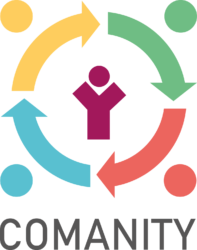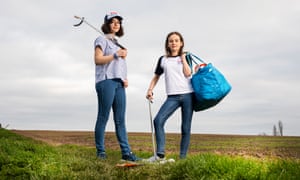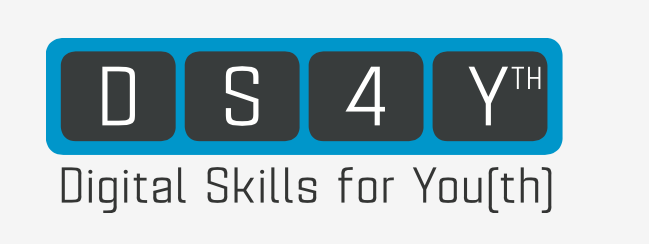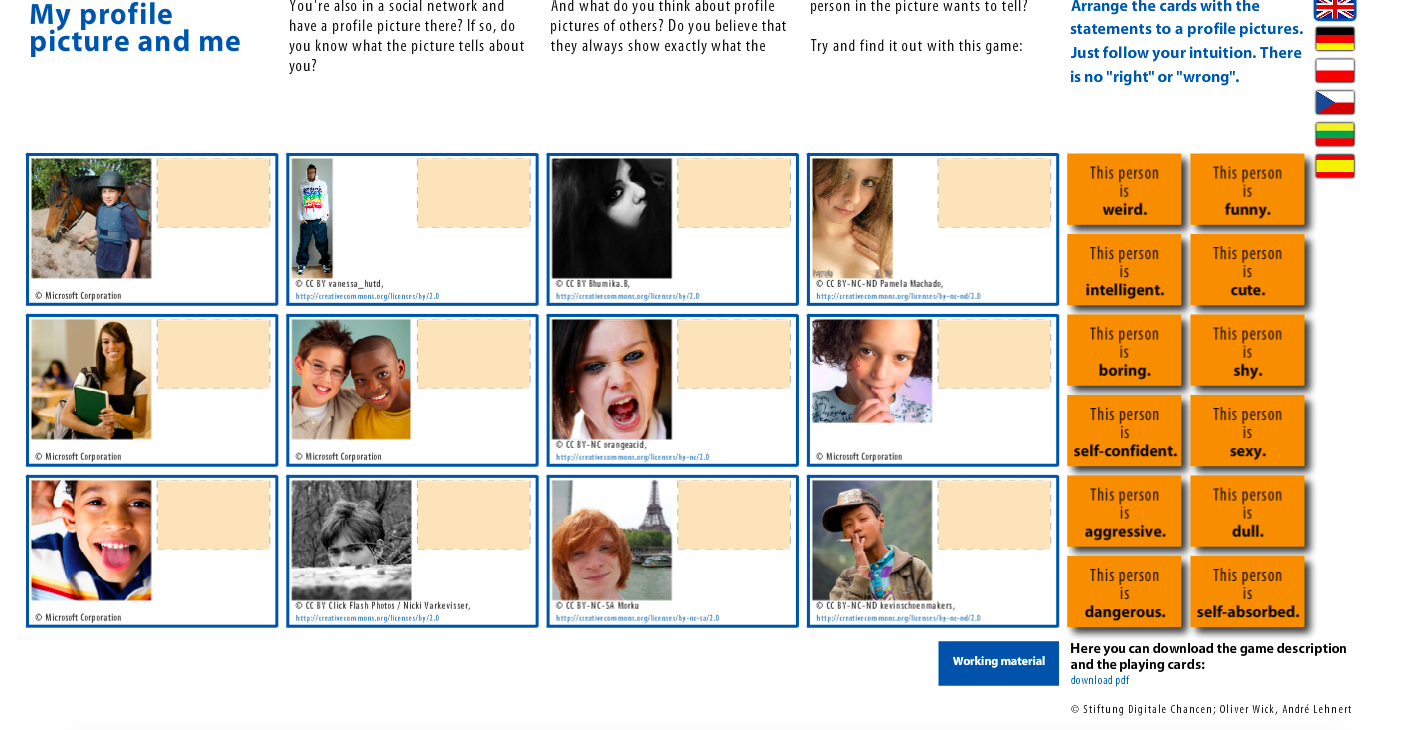Being aware of the many risks and threats of online use is an important aim of the COMANITY project. Because it seeks to reinforce young people’s capacity to detect those threats and to be more resilient, with this game below, youth workers and volunteers will have a practical tool to use to show young people how to be more careful online. What is best than a game to learn about it?
“The Matrix of Risks and Threats” is a game that aims to identify the risks and threats of online use. It is one of the resources promoted by the SocialWeb – SocialWork project.
Try the tool here: https://www.socialweb-socialwork.eu/content/modules/4_de/index.cfm/secid.22/secid2.41
The purpose of the SocialWeb – SocialWork project was to improve children’s online safety by availing the positive energy and influence of social work on vulnerable children and youths. Nowadays the Internet is no longer a mere tool for information search but rather the platform for social life and it is only logically consistent to involve the area of social work in strategies for a safer Internet for children and youths. The primary target group of the project were professionals working with children and youth at risk in various fields of activities. For young people who face a higher vulnerability due to social or educational disadvantages, having disabilities or other special needs, educational professionals in the broad field of social youth work often fill the role of a confidant. Therefore the project strategy of SocialWeb – SocialWork was built on the professionals’ detailed knowledge and acquaintance with situations of daily life and the needs of their young target group, and sensitively addressed their possible reluctance to digital media usage in social work.
During the project’s 24 months runtime, a training campaign was piloted in the participating partner countries and evaluated in regular cycles to measure the effects of such qualification for the improvement of Internet safety of vulnerable children and youths. The project resulted in a training programme consisting of both face-to-face and online learning units and an additional train-the-trainer strategy, thereof all elements have proven their transferability and scalability to other European countries and further groups of professionals working with children and youths at risk.
SocialWeb – SocialWork was a knowledge enhancement project in the Safer Internet Programme funded by the European Commission. The project consortium consisted of: Stiftung Digitale Chancen, Germany (project coordinator) Narodni centrum bezpecnejsiho internetu, Czech Republic Association Rural Internet Access Points (RIAP Association), Lithuania Nobody’s Children Foundation, Poland Fundación Esplai, Spain.




 © iStock/fotosipsak
© iStock/fotosipsak







